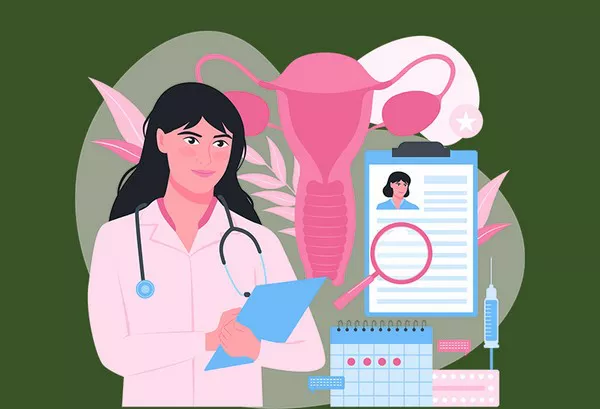Endometriosis, a painful and often debilitating condition affecting one in ten women worldwide, has long puzzled researchers due to its complex and poorly understood origins. However, a groundbreaking study published in Nature Medicine this week has uncovered a potential link between the gut microbiome and the development of endometriosis, opening new avenues for diagnosis and treatment.
The study, conducted by a team of researchers from the University of California, San Francisco, analyzed stool and blood samples from over 1,500 women, including those with and without endometriosis. The findings revealed significant differences in the gut microbiota composition of women with endometriosis compared to those without the condition. Specifically, women with endometriosis had lower levels of beneficial bacteria such as Lactobacillus and higher levels of pro-inflammatory microbes.
Dr. Jane Whitaker, the lead researcher, explained that these microbial imbalances may contribute to chronic inflammation, which is a known factor in endometriosis progression. “The gut microbiome plays a crucial role in regulating immune responses. When harmful bacteria dominate, it can trigger systemic inflammation, potentially worsening endometrial lesions,” she said.
The study also explored the potential of microbiome-based therapies. In a small pilot trial, women with endometriosis who received targeted probiotic supplements showed a reduction in pain and inflammation markers. While more extensive clinical trials are needed, this discovery could lead to non-hormonal treatment options, which would be a significant breakthrough given the limitations and side effects of current hormonal therapies.
Experts in the field have hailed this research as a game-changer. Dr. Sarah Lin, a gynecologist specializing in endometriosis, noted, “For decades, treatment has focused on symptom management rather than addressing root causes. If we can modulate the microbiome to reduce inflammation, we might finally have a way to prevent or even reverse endometriosis progression.”
Beyond treatment, this study also suggests that microbiome testing could become a diagnostic tool. Currently, endometriosis diagnosis often requires invasive laparoscopic surgery, leading to delays in treatment. A simple stool test could help identify at-risk women earlier, allowing for timely intervention.
However, challenges remain. The gut microbiome is influenced by diet, antibiotics, and environmental factors, making it a complex target for therapy. Researchers emphasize the need for personalized approaches, as microbiome responses vary between individuals.
This study marks a significant step forward in understanding endometriosis and highlights the broader role of the microbiome in women’s health. Future research will explore whether similar mechanisms are at play in other gynecological conditions, such as polycystic ovary syndrome (PCOS) and uterine fibroids.
You Might Be Interested In:
- Purple Sweet Potatoes Found to Enhance Gut Health and Reduce Inflammation
- Study Reveals Cruciferous Vegetables May Significantly Lower Cancer Risk
- New Study Links High-Dose Vitamin B6 to Improved Mental Health Outcomes

